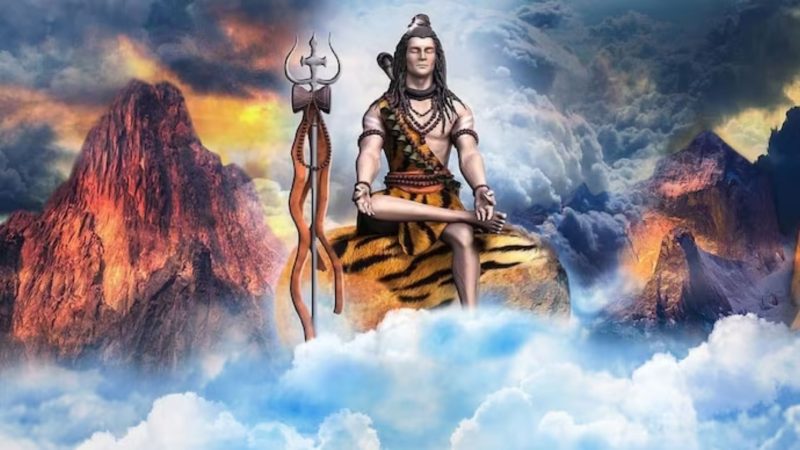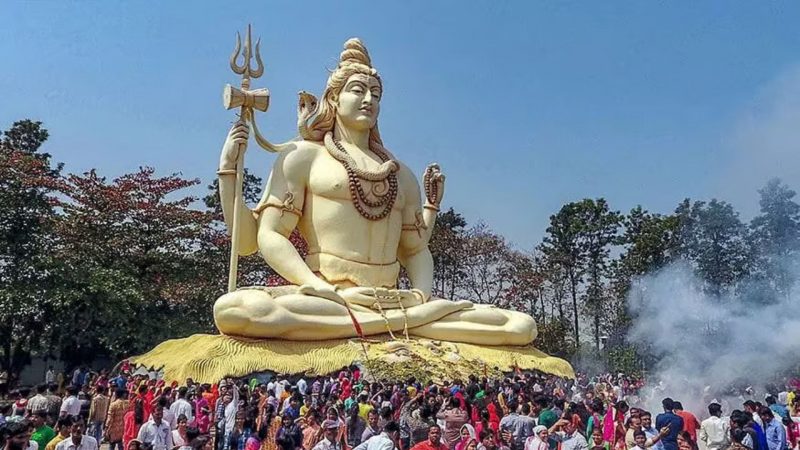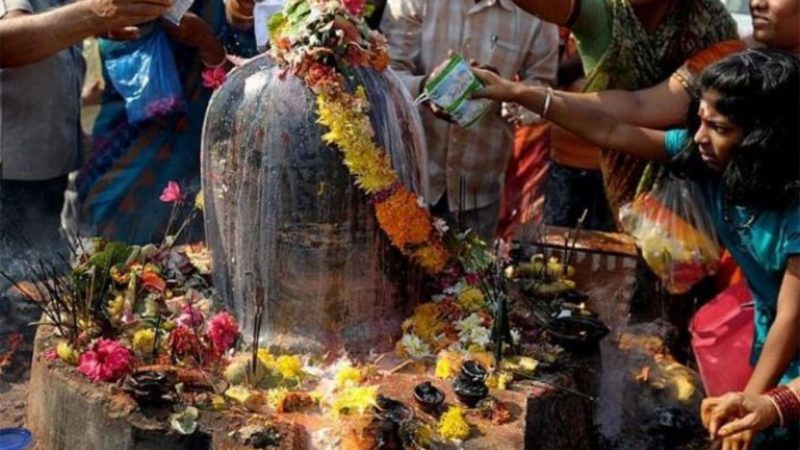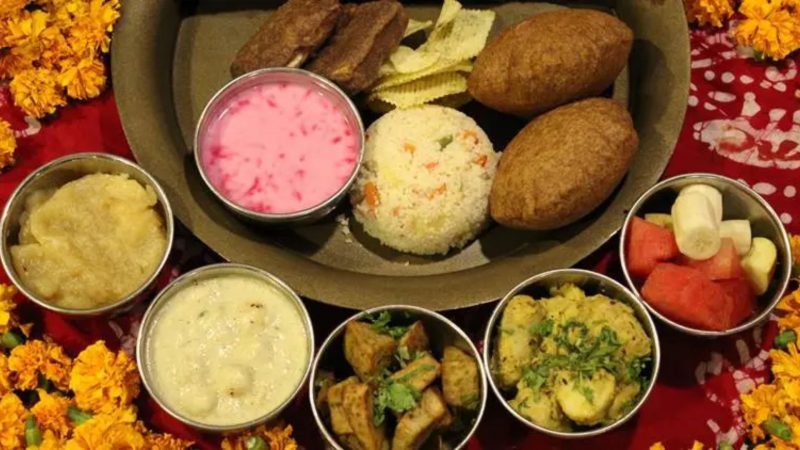
Maha Shivratri 2024: Explore the Date, Timings, and Important Customs & Rituals
Maha Shivratri is one of the most significant and auspicious Hindu celebrations. The celebration, held every year, pays tribute to Lord Shiva and his auspicious marriage to Goddess Parvati. Together, Shiva and Shakti stand for strength, love, and unity; their marriage occurs at night. Across India, millions of devotees celebrate the day with temple visits, celebrations, and other customs.
According to the Hindu calendar, the festival of Mahashivratri occurs yearly on the 13th or 14th night of the lunar month or the day before the new moon, which often occurs in February or March according to the Gregorian calendar.
It is believed that Lord Shiva performed the “Tandava” dance, which represents creation, preservation, and destruction, on this particular evening. Therefore, the celebration is considered by Lord Shiva’s devotees as a very lucky day.
When Is Mahashivaratri In 2024?

Mahashivratri, an important Hindu festival, is an annual celebration honouring Lord Shiva, the most powerful god in Hinduism. This auspicious occasion is widely observed by devotees of Shiva and is considered to be very important.
Maha Shivratri is known as the “great night” of Lord Shiva. It is a significant celebration for self-study, social peace, fasting, Shiva meditation, and an all-night vigil at Shiva temples.
The Hindu calendar says the fourteenth day of the dark (waning) half of the lunar month of Phalguna or Magha is when Maha Shivratri is celebrated every year. The day falls on Friday, March 8, 2024, in the Gregorian calendar this year.
| Maha Shivaratri Date | March 8, 2024 |
| Maha Shivaratri Day | Friday |
| Chaturdashi Tithi Begins | 21:57 on Mar 08, 2024 |
| Chaturdashi Tithi Ends | 18:17 on Mar 09, 2024 |
| Nishita Kaal Puja Time | 00:07 to 00:56, Mar 09 |
| Ratri First Prahar Puja Time | 18:25 to 21:28 |
| Ratri Second Prahar Puja Time | 21:28 to 00:31, Mar 09 |
| Ratri Third Prahar Puja Time | 00:31 to 03:34, Mar 09 |
| Ratri Fourth Prahar Puja Time | 03:34 to 06:37, Mar 09 |
| Shivaratri Parana Time | 06:37 to 15:29 |
Why Is Mahashivaratri Celebrated?

Several Puranic texts, including the Skanda, Linga, and Padma Puranic literature, mention the origin of Maha Shivratri. The celebration of Maha Shivratri marks the anniversary of the marriage of Lord Shiva and Goddess Parvati. On this night, however, according to Shaivism’s traditions, Shiva does the divine dance of creation, preservation, and destruction.
Mahashivratri is very significant for people who are on the spiritual path. It is also extremely important for those who are ambitious in the world and for those who have family issues. Family-oriented people celebrate Mahashivratri as the anniversary of Shiva’s marriage. For those with worldly goals, the day marks the victory of Shiva over all his enemies.
However, it is the day that the ascetic merged with Mount Kailash. He remained still like a mountain. Shiva is regarded as the Adi Guru, the original Guru from whom the science of Yoga arose, rather than as a god in the yoga tradition. One day, after spending many millennia in meditation, he stopped moving. Mahashivratri falls on that day. As a result of his complete stillness and withdrawal of all activity, ascetics refer to Mahashivratri as the “night of stillness.”
To protect the gods and people on this particular day, Shiva is said to have swallowed the halahala (poison) that developed during the Samudra Manthana and wore it around his neck. Ever since those who saved the life have been honoured at Maha Shivratri celebrations.
How To Celebrate MahaShivaratri?

Devotees fast on the auspicious day of Mahashivaratri to please Lord Shiva. Married women pray for their husbands’ well-being during this festival, which is particularly lucky for women. Single women look for a life partner who possesses the traits of Lord Shiva, who is known for being the ideal partner.
During Mahashivratri celebrations, a variety of celebrations are carried out at temples all around the nation. Offerings include milk, honey, flowers, and the holy Bilva Patra leaves made by devotees during prayers and puja rituals honouring Lord Shiva.
In addition to the puja rituals, devotees fast, avoiding eating and drinking throughout the day. Some decide to take part in prayers and meditations throughout the night, a practice known as the “Night of Awakening.” Some go to temples to ask Lord Shiva for blessings. On this night, devotees worship Adidev Mahadev by reciting nonstop and paying attention to mantras such as Shiva Tandav Stotram and Mahamrityunjay Mantra.
Large crowds of devotees gather at well-known Shiva temples around the country during Mahashivratri, such as the Kashi Vishwanath Temple in Varanasi and the Mahakaleshwar Jyotirlinga in Ujjain. The chanting of mantras, devotional music, and the ringing of temple bells are the sounds that define the celebrations. Mahashivratri, often called “The Great Night of Shiva,” is viewed as a moment for awakening.
Important Components For MahaShivaratri Puja

Six important components are included in the MahaShivaratri Puja, and each one has a distinct meaning:
- Offering Bel leaves and bathing the Shiva Lingam in milk and water represents the purifying of the soul.
- The use of vermilion after a bath represents virtue.
- Fruits are offered during worship as a symbol of long life and the fulfilment of goals.
- Incense stick burning is a symbol of prosperity.
- Betel leaves represent satisfaction that comes from worldly needs.
- Lighting lights is an illustration of achieving knowledge and wisdom.
Fasting In MahaShivratri

For followers of Lord Shiva, MahaShivratri is an auspicious day. By keeping a fast and engaging in puja rituals with enthusiasm, devotees could receive the blessings of the god. One may guarantee a successful MahaShivratri puja and fast by following the above dos and don’ts.
- Food: Those who follow the fast must refrain from all grains, including wheat and rice. They can consume fruits, nuts, and dairy items.
- Drinks: Avoid alcoholic beverages and non-vegetarian food.
- Water: A full fast is observed by certain devotees, during which they refrain from eating and drinking. However, some individuals drink water throughout the fast since it’s essential to keep hydrated.
- Meditation: Engage in meditation to help you remain peaceful and calm all day.
- Sleeping: Try not to sleep during the day and spend the night awake.
- Work: Avoid doing any heavy work or activity on this day.
- Chanting: To keep your mind focused and away from outside distractions, chant mantras or read spiritual books.



